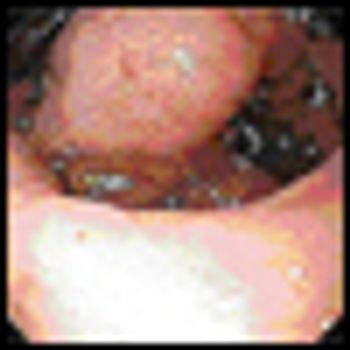
Dr. Ruan and colleagues provide an excellent summary of available treatment options, as well as new drugs on the horizon, for the management of relapsed mantle cell lymphoma (MCL). As the authors emphasize, treatment of relapsed MCL is strongly influenced by the patient’s first-line therapy and needs to be individualized based on both patient and disease characteristics.
































